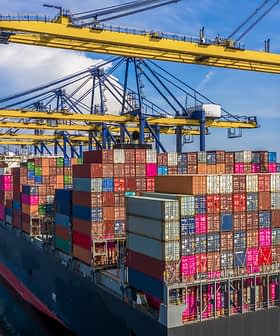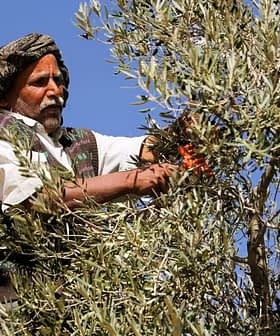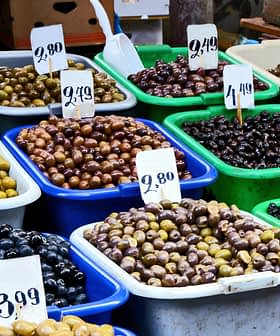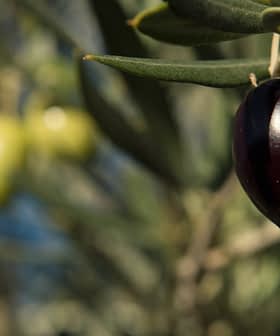Tunisia Asks Europe to Increase Duty-Free Imports
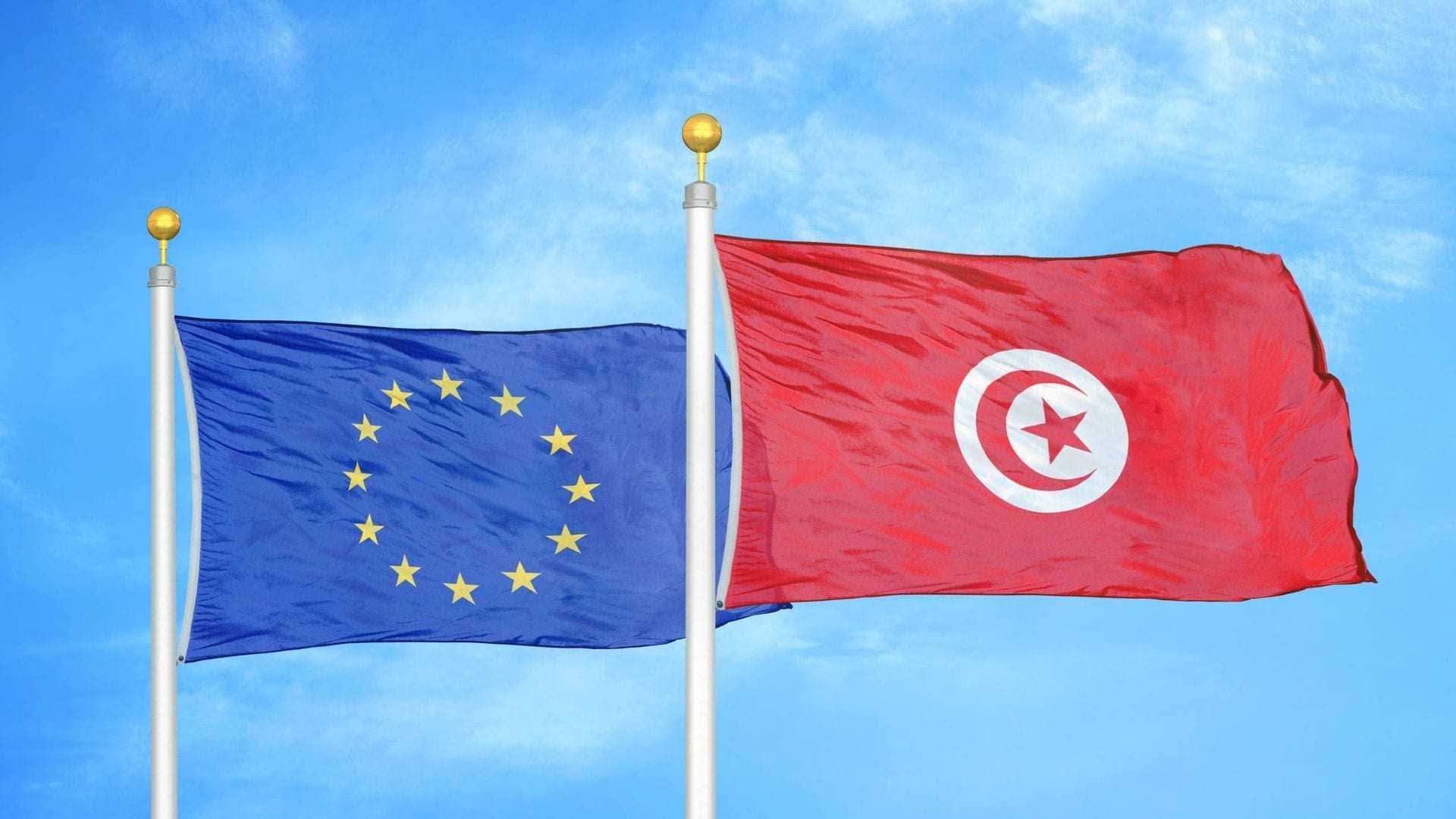
The CEO of Tunisia’s National Olive Oil Board has requested the European Union to raise the duty-free olive oil import quota to 100,000 tons, citing the need to update the 20-year-old agreement due to increased production. Despite experiencing substantial growth in olive oil exports to Europe and the United States, there is concern that the E.U. may resist increasing the import quota due to opposition from local producers and growers in olive oil producing nations within the trading bloc.
The chief executive officer of Tunisia’s National Olive Oil Board (ONH) has asked the European Union to increase its duty-free olive oil import quota from the North African country to 100,000 tons.
Currently, E.U. importers can bring up to 56,700 tons into the 27-member trading bloc without paying tariffs, but Chokri Bayoudh argues that this is not enough and said it is time to update the 20-year-old agreement.
See Also:Trade NewsLocal authorities have already tried in recent years to modify the agreement, but to no avail. Tunisia produced 300,000 tons of olive oil during the 2019 harvest, according to estimates from the International Olive Council, the third highest production total on record.
In spite of the current trade restrictions with the world’s largest market for olive oil and turmoil caused by the Covid-19 pandemic, Tunisia’s olive oil exports have experienced substantial growth in 2020.
Bayoudh said that in the last seven months, exports have exceeded 232,000 tons, worth TND 1.4 billion ($490 million). He added that during the peak of the outbreak in Europe, trade volumes grew even more than before, reaching 45,000 tons per month.
Bayoudh attributed this increase to the good quality of olive oil that Tunisians produced in 2019, pointing to the plentiful international awards that the country’s producers have raked in.
Demand from the United States, the world’s third largest consumer of olive oil, has also helped to drive exports. According to figures from the United States Department of Commerce, Tunisia now supplies the U.S. with 15 percent of its olive oil.
While no official response has come yet from Brussels, evidence of the E.U. budging from its current position is scant. A few months ago, just before the Covid-19 outbreak in Europe, officials had turned down a similar request.
Within Europe’s largest olive oil producing nations, a fierce outcry has also come from growers and producers seeking insulation from persistently low olive oil prices.
With these concerns at the forefront of many agricultural ministers’ minds, an increase in cheap Tunisian imports are more than likely to face strong opposition throughout the trading bloc.


